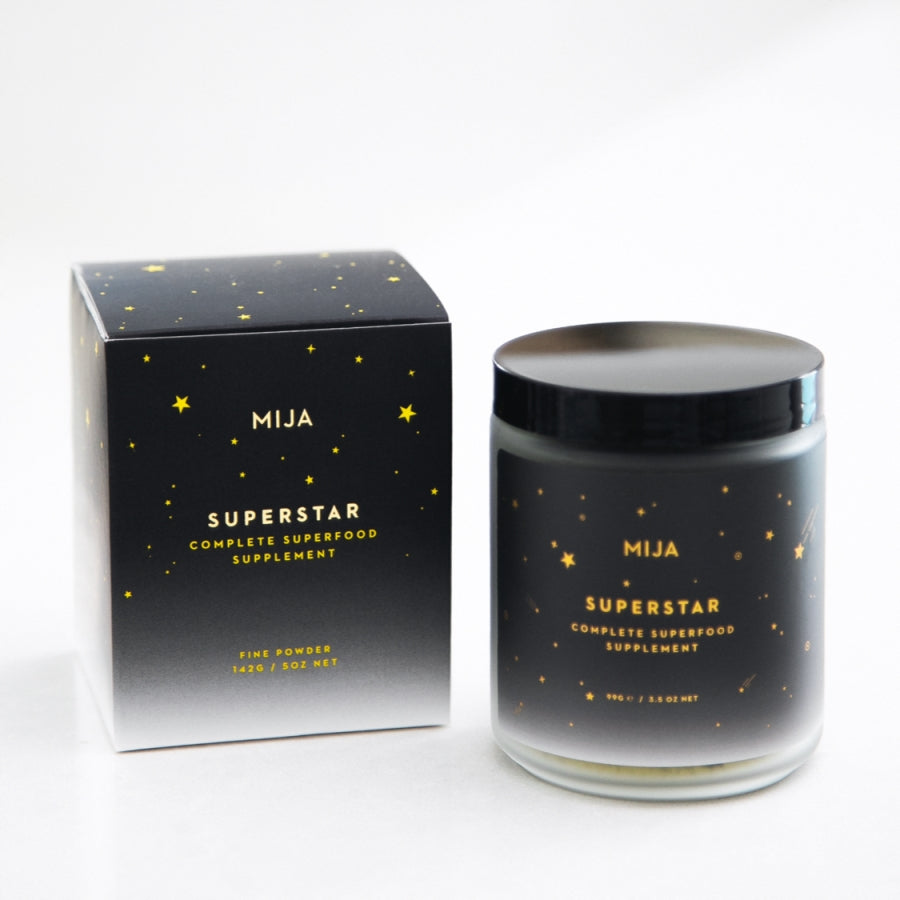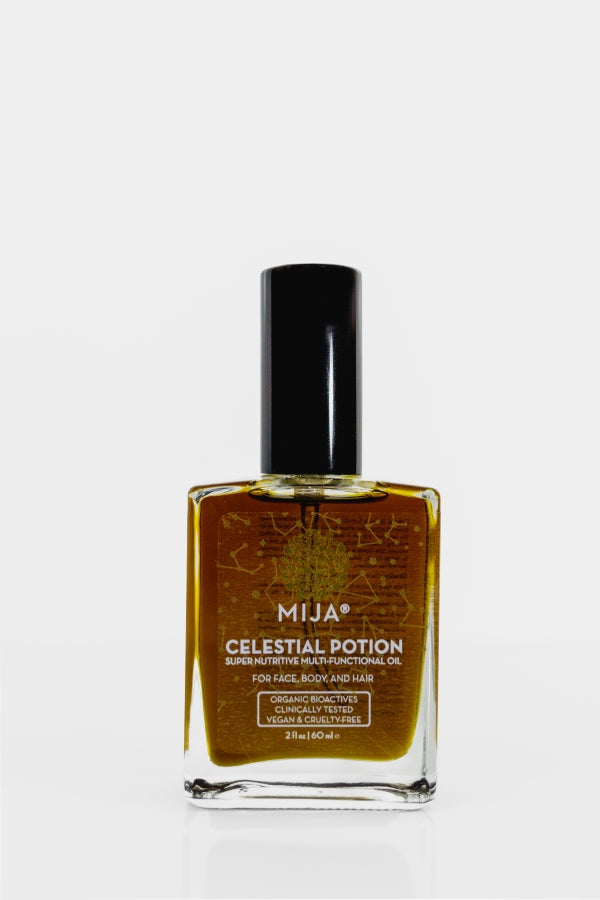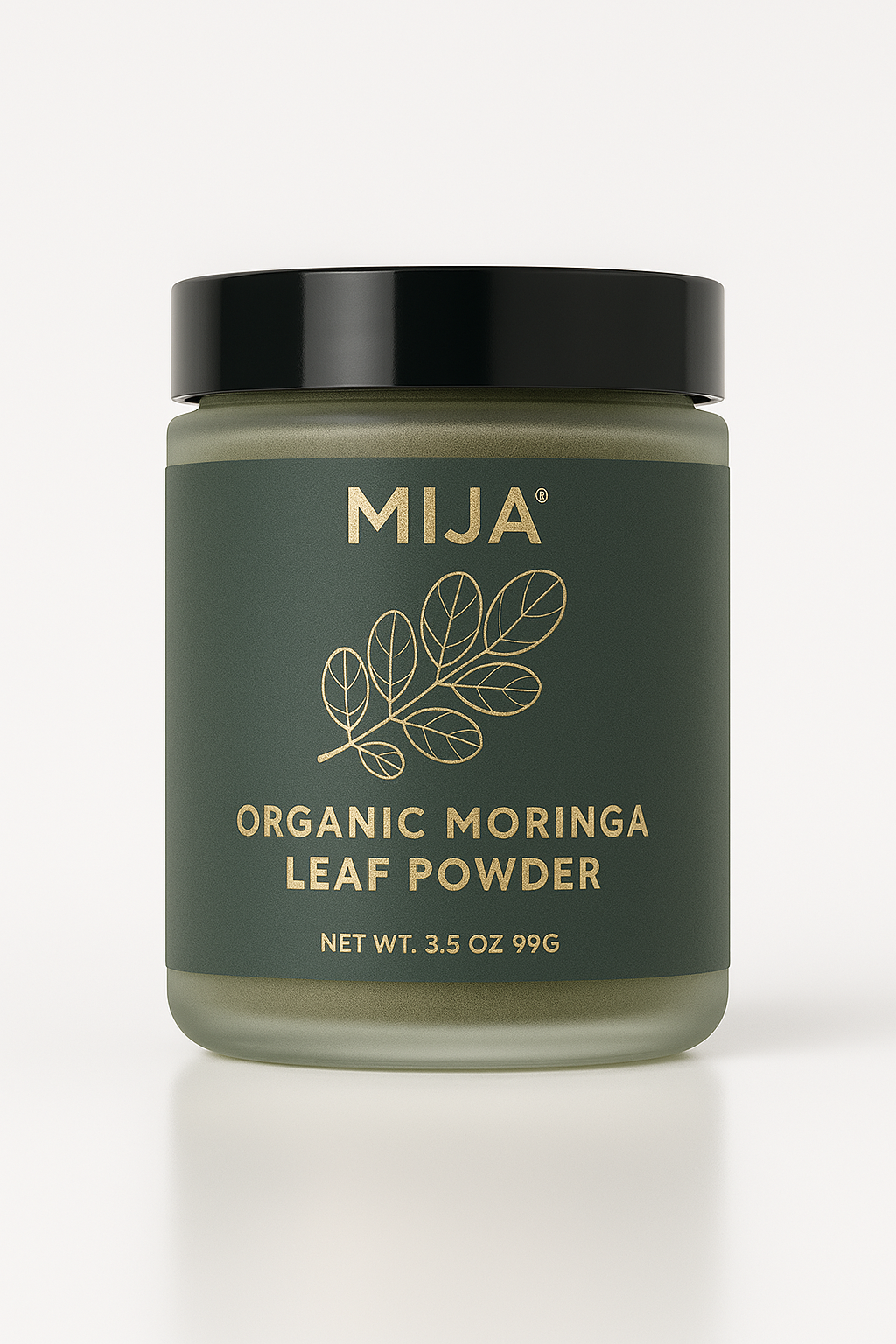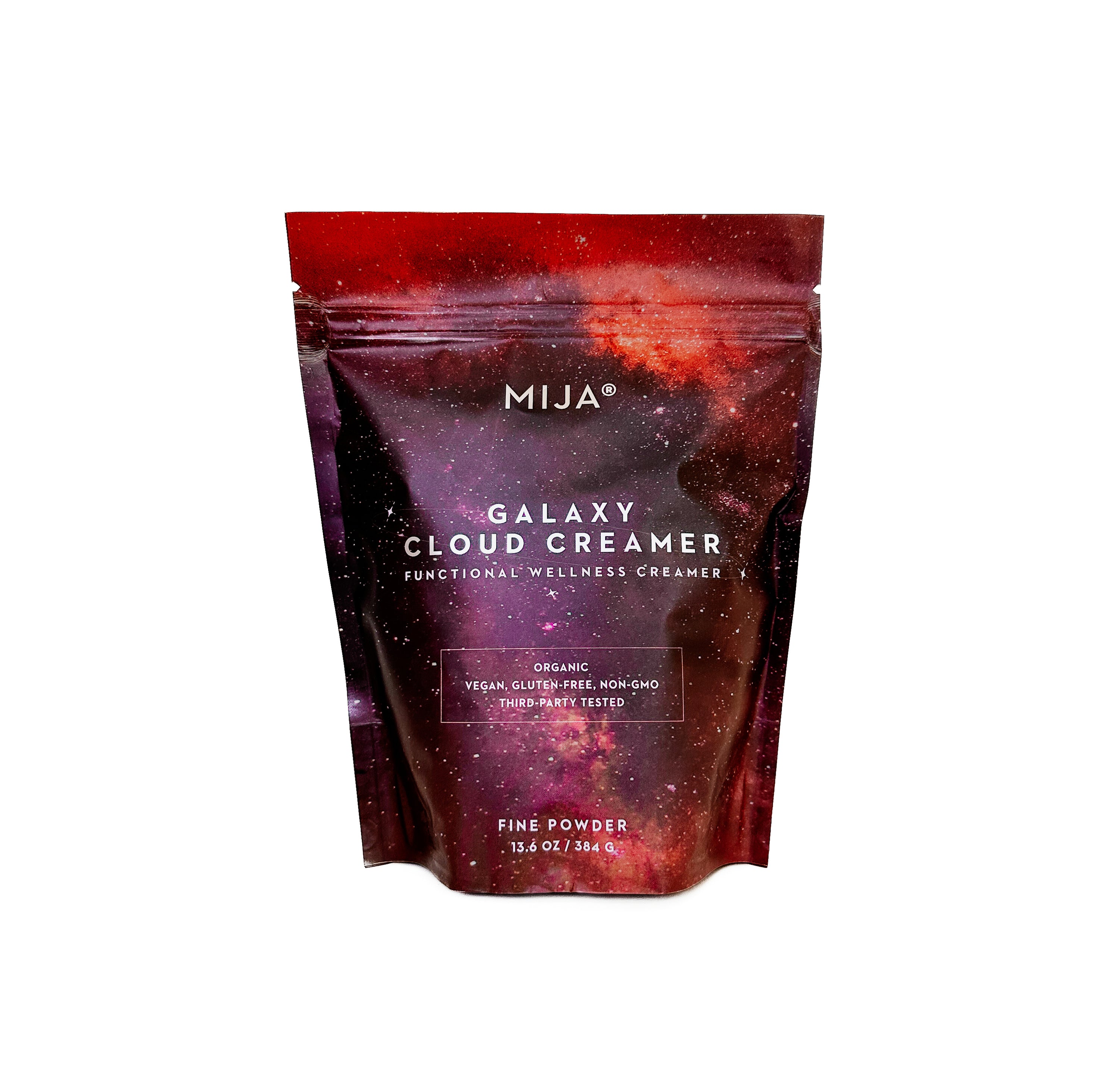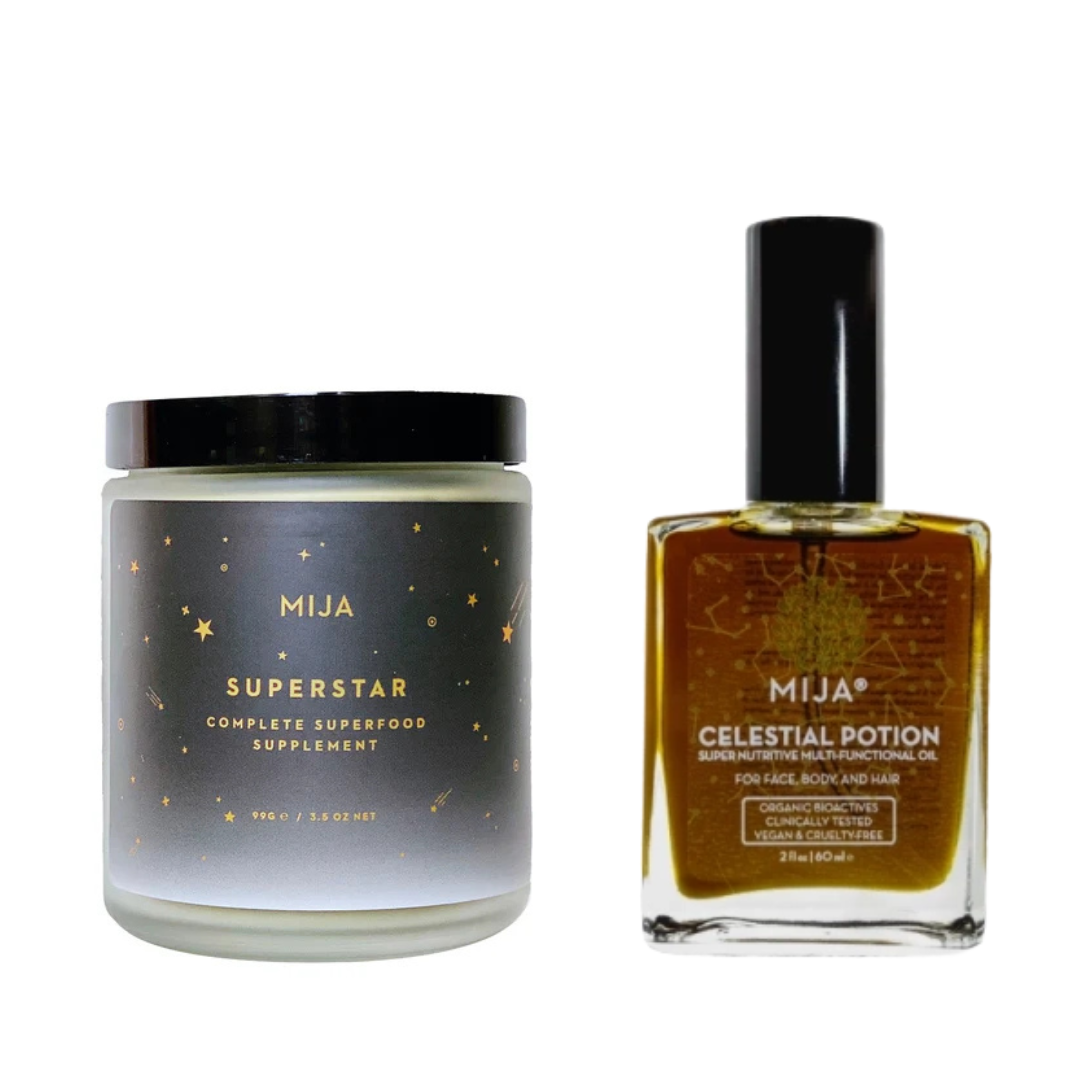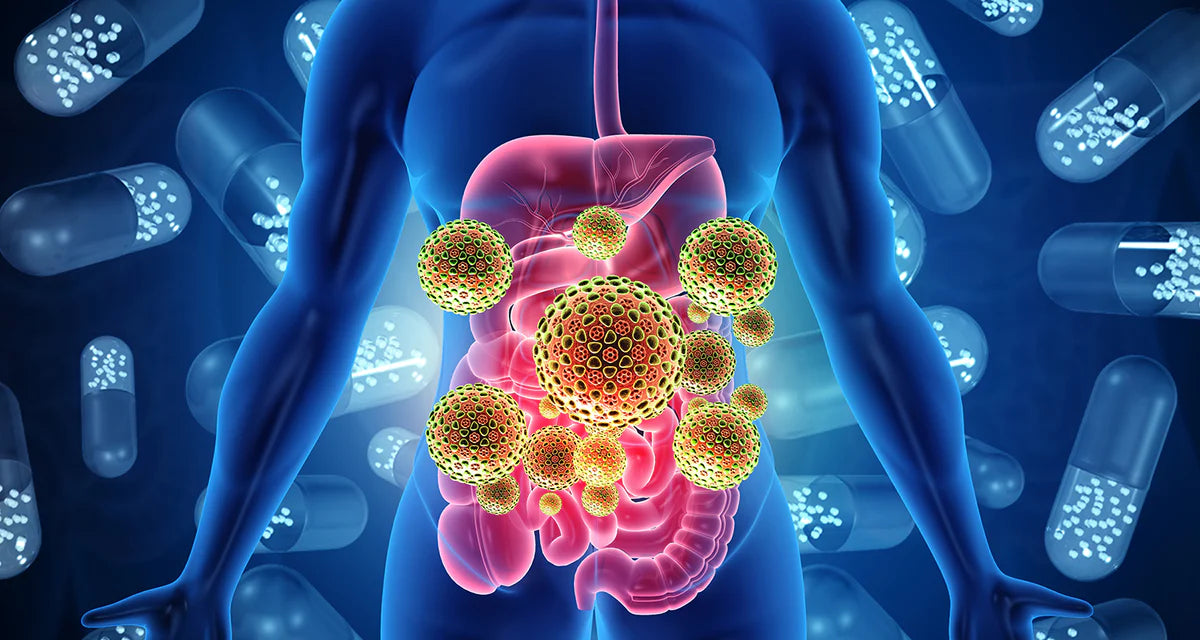

The Best and Worst Foods for Gut Health

Gut health has become the trending hot topic when it comes to wellness. As we all share more about our wellness journeys online and in-person, conditions like irritable bowel syndrome, acid-reflux, leaky gut are making their way from conversations reserved for the doctors office to ones we have with each other. We're recognizing the importance of the gut and how it is the root of our overall wellness. And the recent rise in demand (and supply) of probiotics shows that we're all trying to find the best solutions to caring for our gut. But... what if we told you that probiotics are just a piece of the puzzle when it comes to gut health? And even at that, they might not even be the most important piece? Read on, as our dietetics team tackles the limitations of probiotics, and the best (and worst) foods for gut health.
“You are what you eat.”
I’m sure you’ve heard this term a million times, but what does it actually mean? Surely it doesn’t mean that you’ll magically transform into an oat milk matcha latte if you drink 2 of them a day (although it would be kind of amusing to see people morph into their favorite foods). With the emerging field of gut microbiome research, this phrase has taken on a more in-depth shift to the relationship between the food you eat, how it feeds the bacteria living in your gut, and the effect it has on your body. Here, we will share the best and worst foods for optimal gut health.
So which bacteria are good and which are bad?
To start off, the biggest myth in the discussion of the gut microbiome is that “there is good and bad bacteria.” The reason why it’s not true is because all the bacteria living in and on our bodies serve their own specific functions 1. If they didn’t serve us, they would have died by our immune system a long time ago! To clarify, it is not the presence of a singular species of bacteria that can cause harm to your body; it is dysbiosis - the abnormal imbalance of certain types of gut bacteria that leads to a higher risk of developing various diseases. The bacteria in our gut creates byproducts when they metabolize the food we eat. Some of them create beneficial substances, like short chain fatty acids. Others create substances that are good in moderation, but can become dangerous in large amounts. It’s complex and it’s no surprise that the foods we eat influence this balance, since these bacteria have to eat too!

Then how effective are probiotic pills?
Let’s start off by giving a brief explanation of what probiotics are – they’re live microorganisms which help improve and restore the gut flora by repopulating the intestinal bacteria in the gastrointestinal tract. They’re found naturally in fermented foods like kimchi, sauerkraut, miso, tempeh, yogurt, kefir, and aged cheeses. They’ve become really popular in the supplement market because they assist with helping to build a better gut barrier and there is a huge trend in gut health.
The challenge with taking a probiotic supplement is that there is no regulation with supplementation unless a supplement has been third-party tested. So you don’t really know if the exact probiotics and quantities listed on the label are indeed in it.
Secondly, there are so many different strains out there that do different things for the body. When you take a probiotic pill, you're just taking that specific, isolated strain listed on the label. Because our microbiomes are so unique and diverse, the specific probiotic strains needed should be customized per individual.
Currently, if you’re taking a probiotic that isn’t specifically customized to your needs, it’s a bit of a gamble. So that’s why you see a lot of probiotics state how many strains they contain, because the idea is that they can hit on something that would help you. But this is just one factor, and without properly balancing and taking care of the gut itself, we’re not really addressing the overall wellness of the ecosystem. With a proper source of beneficial whole foods, we can restore comprehensive gut health, and make the ecosystem balanced to sustain the optimal profile of microflora including probiotics, naturally.
We advocate eating whole foods that naturally contain probiotics. Whole foods provide a variety of strains along with all of the other nutrients that the food has. The bioavailability and absorption rate is also different among real food versus supplementation. Whole foods are amazing at having multiple nutrients present that work symbiotically together for optimal absorption and utilization. Think about the body using these incredible whole foods to create an environment that fosters an ideal, balanced gut.
If that’s the case, then what should I eat to have a balanced gut?
When it comes to gut health (or as a matter of fact, anything in nutrition), there is no holy-grail product or regimen that will guarantee a healthy gut, since everyone is different, and health is as individualized as our fingerprints. However, there are certain foods, like alcohol and sugar, that the disruptive bacteria in our gut thrive on, and there are also foods like matcha, moringa, and ginger, that help us maintain a good balance of bacteria and preserve our gut integrity. Probiotics are a great source of bacteria that can help restore an imbalanced gut, but the reality is that it will just act like a bandaid if the gut continues to be imbalanced. Let’s discuss ways to prevent the imbalance of bacteria in the first place, including ideas on how to incorporate these power-foods into your daily routine.
Why does alcohol and sugar disrupt the balance of bacteria and negatively affect our gut?
Alcohol
- The overconsumption of alcohol can compromise the integrity of your gut walls2.
- When your liver metabolizes alcohol, there are some toxins that are released into the body as a byproduct of the metabolism process. This leads to an environment with oxidative stress. Unfortunately, the disruptive-type bacteria thrive in this type of environment, whereas beneficial bacteria are not as good at tolerating it. With the overgrowth of disruptive-type bacteria, there is no longer a healthy balance.
- As a side effect of a weak gut barrier, nutrients are being malabsorbed.
- Vitamins A, B, C, D, E, K, folate, calcium, magnesium, phosphate, iron, zinc, and selenium are typically absorbed in the intestines, and they are essential to maintaining healthy hair, skin, and nails. If gut function is impaired, then it will affect your nutritional status.
Sugar
Some bacteria like to feed on simple sugars (like the ones found in cane sugar and added sugars), while others like to feed on the complex ones (like the ones found in fruits and vegetables). Multiple studies show that Proteobacteria (which is great at metabolizing simple sugars) increase inflammation if allowed to grow in large amounts in the gut 3. Not only does the overconsumption of simple sugars allow these types of bacteria to become dangerous, the balance of bacteria is also disrupted, which can negatively impact gut integrity.
Non-Nutritive Non-Caloric Sweeteners
Although there are studies that have found inconclusive evidence for or against all the different varieties of non-nutritive non-caloric sweeteners, there has been evidence that saccharin and sucralose alter the gut microbiota by inhibiting the growth of some bacteria 4,5. This plays a part in disrupting the balance and diversity of bacteria in the gut.
Matcha, Moringa, and Ginger: Best for the Gut Microbiome

Matcha
We all know that matcha is a type of tea powder that has gained insane popularity in the last decade. Besides its vibrant green color, its earthy aroma, and its grassy, nutty, and slightly savory taste, it has become a key ingredient in the discussion of gut health.
Not only is matcha full of antioxidants, vitamin C, L-theanine, and other beneficial compounds, it also contains catechins, in which the main and most active component is (−)-epigallocatechin-3-gallate (EGCG)6. EGCG is a powerful antioxidant that regulates the population and diversity of gut bacteria7,8, making our guts strong and thriving.
Moringa
Moringa is a powder derived from a leaf that has been used as a nutrition and beauty booster from ancient times 9. Not only can you find it in various foods, it is also found in cosmetic and hair products due to its anti-inflammatory, purifying, and scar-healing properties. In addition, recent animal studies have found that moringa helps improve gut wall integrity by protecting the bacterial environment10. Moringa will help you glow on the outside and inside by making your gut bacteria more proactive in protecting your metabolism. Moringa can be difficult to find at your local grocery store, but you’re in luck. We have it in Superstar to provide you with optimal benefits.
Ginger
Ginger is a root that is known for its anti-inflammatory and anti-cancer properties among many other health benefits. Recent studies have shown that ginger also increases the diversity of bacteria in the gut, reduces dysbiosis, and helps with metabolizing fats and sugars11,12. This enhances nutritional status by encouraging a larger arsenal of fighters that can help you fend off more disease-inducing substances that may come your way. In addition, it can help restore any previous damage done by disruptive foods. Ginger is a fairly common ingredient that can be found at almost any market. Add it to either sweet or savory dishes to improve your gut function and keep the healthy bacteria flourishing.

We value gut health at MIJA, and we made sure to include these 3 key ingredients (matcha, moringa, and ginger) in Superstar to optimize complete wellness from within.
Ways to Optimize Gut Health
-
Reduce your alcohol intake. For ideal gut health, consider limiting alcoholic drinks to 1-3 drinks per week for women and 3-4 drinks per week for men.
a. Try replacing an alcoholic drink with a matcha tea, non-alcoholic spritzer, or add some fruit, herbs, or veggies to flavor your water (like lemon, lime, strawberries, basil, mint, or cucumbers). -
Reduce your sugar intake. Instead of drinking artificially sweetened drinks, try making your own at home. Add ginger, moringa, or matcha to a fruit smoothie of your choice. Or flavor your water (as mentioned above).
a. When eating sugar, do your best to eat it in moderation by eating mindfully and savoring the flavor of a small portion.
Ways to Incorporate Gut-Healthy Superfoods into Your Diet
- Enjoy 1 serving of Superstar daily. Just 2 teaspoons a day can provide you with the matcha, moringa, and ginger you need for a powerful gut.
- Add matcha to your breakfast foods or other recipes. You can add matcha powder to almost anything, from pancakes to smoothies. Nowadays, there are no surprises when it comes to the versatility of matcha powder. Just be careful not to add too much (it can get pretty bitter!). Check out our recipe for Matcha Vegan Ice Cream.
- Include ginger in stir-fry’s, soups, sauces, and stews. Ginger can be added to most dishes, just like garlic and onions, to enhance flavor and support gut health.
Written by: Brittney Dare, dietetic intern, and Reviewed by: Sarah Koszyk, MA, RDN.
References:
- Zhang YJ, Li S, Gan RY, Zhou T, Xu DP, Li HB. Impacts of gut bacteria on human health and diseases. Int J Mol Sci. 2015;16(4):7493-7519. doi:10.3390/ijms16047493
- Pohl K, Moodley P, Dhanda AD. Alcohol’s Impact on the Gut and Liver. Nutrients. 2021;13(9):3170. doi:10.3390/nu13093170
- Satokari R. High Intake of Sugar and the Balance between Pro- and Anti-Inflammatory Gut Bacteria. Nutrients. 2020;12(5):1348. doi:10.3390/nu12051348
- Ruiz-Ojeda FJ, Plaza-Díaz J, Sáez-Lara MJ, Gil A. Effects of Sweeteners on the Gut Microbiota: A Review of Experimental Studies and Clinical Trials. Advances in Nutrition. 2019;10:S31-S48. doi:10.1093/advances/nmy037
- Del Pozo S, Gómez-Martínez S, Díaz LE, Nova E, Urrialde R, Marcos A. Potential Effects of Sucralose and Saccharin on Gut Microbiota: A Review. Nutrients. 2022;14(8):1682. doi:10.3390/nu14081682
- Kochman J, Jakubczyk K, Antoniewicz J, Mruk H, Janda K. Health Benefits and Chemical Composition of Matcha Green Tea: A Review. Molecules. 2020;26(1):85. doi:10.3390/molecules26010085
- Wang Y, Yu Y, Ding L, Xu P, Zhou J. Matcha green tea targets the gut-liver axis to alleviate obesity and metabolic disorders induced by a high-fat diet. Front Nutr. 2022;9:931060. doi:10.3389/fnut.2022.931060
- Shabbir U, Rubab M, Daliri EBM, Chelliah R, Javed A, Oh DH. Curcumin, Quercetin, Catechins and Metabolic Diseases: The Role of Gut Microbiota. Nutrients. 2021;13(1):206. doi:10.3390/nu13010206
- Abdull Razis AF, Ibrahim MD, Kntayya SB. Health benefits of Moringa oleifera. Asian Pac J Cancer Prev. 2014;15(20):8571-8576. doi:10.7314/apjcp.2014.15.20.8571
- Elabd EMY, Morsy SM, Elmalt HA. Investigating of Moringa Oleifera Role on Gut Microbiota Composition and Inflammation Associated with Obesity Following High Fat Diet Feeding. Open Access Maced J Med Sci. 2018;6(8):1359-1364. doi:10.3889/oamjms.2018.313
- Guo S, Geng W, Chen S, et al. Ginger Alleviates DSS-Induced Ulcerative Colitis Severity by Improving the Diversity and Function of Gut Microbiota. Front Pharmacol. 2021;12:632569. doi:10.3389/fphar.2021.632569
- Wang X, Zhang D, Jiang H, et al. Gut Microbiota Variation With Short-Term Intake of Ginger Juice on Human Health. Front Microbiol. 2020;11:576061. doi:10.3389/fmicb.2020.576061

